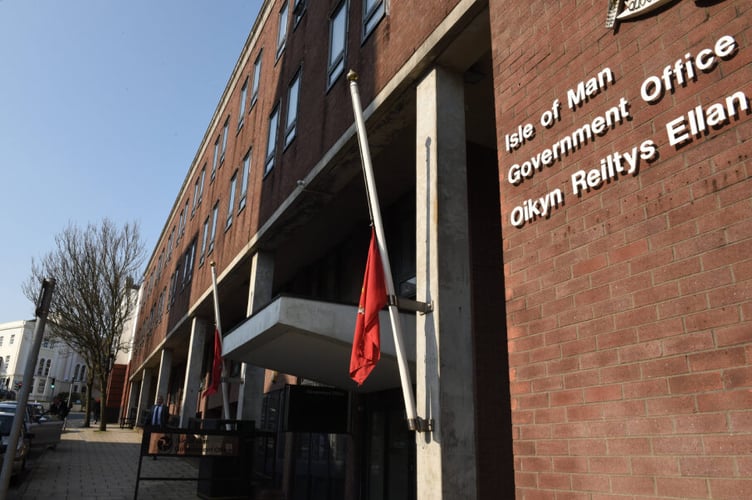A review of a struggling government department has recommended spending £3m to bring in 54 new staff.
The review commissioned in the wake of the Dr Ranson tribunal has highlighted a lack of clarity and leadership in the Office of Human Resources.
But its solution won’t come cheap.
It says the restructured office must have a minimum headcount of 16 full-time equivalent (FTE) at a cost of £1,036,676 but should have an extra 23 FTE roles costed at £1,138,483 and recommends as ‘nice to do’ a further 15 roles at a cost of £841,130.
That would swell the headcount from the current 117 to a total of 171 at a cost to the taxpayer of just over £3m.
Chief Minister Alfred Cannan committed to an external review of the Office of Human Resources in May 2022 in the wake of the Dr Rosalind Ranson employment tribunal.
The tribunal ruled that the former medical director had been unfairly dismissed and later awarded her £3.2m in compensation.
It led to the departure of a number of senior civil servants, including the then executive director of OHR who left with immediate effect in May to allow for a comprehensive and objective review of the department to be carried out.
The review by Grant Thornton was concluded in May this year but has only now been published after Mr Cannan failed in his bid in Tynwald this week to delay publication until April next year to allow officers to prepare their response.
The review does not mention Dr Ranson. Grant Thornton’s remit was to consider the delivery and quality of HR services and associated policies and strategies.
It found a lack of clarity amongst the senior HR team over purpose, vision, strategy and operating plan, and it said gaps in senior roles have created ‘unsustainable spans of control’ for the two senior leaders.
This manifested in a lack of leadership and development, and with work pressures creating some ‘silo working behaviours’.
Grant Thornton said customers and OHR staff both reported that the department is under-resourced to be able to provide the level of service required and said there were opportunities to improve management practices and capabilities in areas including communication, risk management, governance, managing change and project management.
The review report outlines four options.
The first calls for the current shared service function to be restructured and its operating model updated. This option includes a recommended extra 16 FTE incremental headcount for OHR, costed at £1,036,676.
A second, ‘should do’ option recommends an additional 23 FTE roles are created within the areas of recruitment, job evaluation, health, safety and welfare, people analytics, information governance and executive team support. These will cost £1,138,48.
A third ‘nice to do’ option recommends 15 additional FTE staff in the areas of occupational health, organisational design and development, terms and conditions ‘harmonisation’ and learning and development. These would cost £841,130 and the review says this option is noted as a ‘beneficial priority solely for reasons of affordability’.
The final option is not to recruit any further staff or invest in technology but the review team says this would mean OHR would continue to struggle to meet service user needs.
In a statement, the government said: ‘Initial action is under way. A fully developed response is being prepared, with the benefit of input from the recently appointed chief executive and chief operating officer for the Cabinet Office, who arrived in post in November 2023. It will be available by April 2024.’
Figures released under Freedom of Information show that the total public service headcount rose from 7,680 in March 2016 to 8,419 at the beginning of September this year – and has increased by almost 100 since the end of March.




